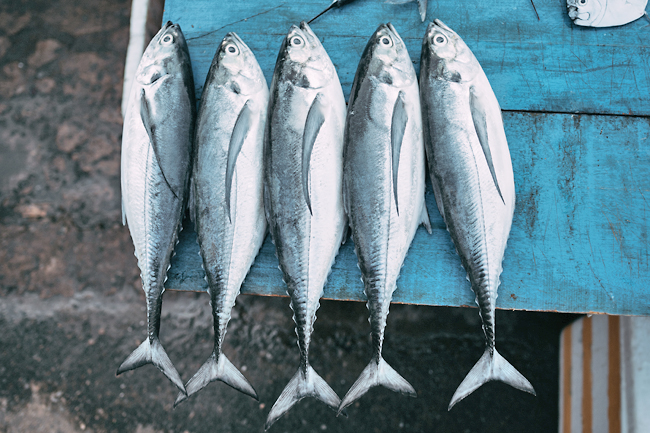ANN/VIETNAM NEWS – Vietnam’s tuna industry achieved record export sales in February but continues to grapple with stringent trade regulations from key markets such as the European Union (EU) and the United States (US), according to the Vietnam Association of Seafood Exporters and Producers (VASEP).
Vietnam Customs reported that tuna exports in February reached nearly USD73 million, marking a 41-per-cent year-on-year increase and the highest level for the month in five years.
Cumulative export value for the first two months of the year surpassed USD139 million, a six-per-cent rise from last year.
Fresh, frozen, and dried tuna products showed strong growth in February, rising 23 per cent on-year, while processed and canned tuna exports fell by nine per cent. The US, EU, Canada, and Japan were among the top-growing markets.
Despite these gains, VASEP highlighted ongoing challenges in resource exploitation and trade compliance.
Regulations targeting illegal, unreported, and unregulated (IUU) fishing remain a key obstacle for Vietnam’s seafood industry, including its tuna sector.
The requirement for tuna to be at least 500 millimetres long before it can be harvested, regulated by Decree 37 issued by the government last year, remains a challenge for fishermen and businesses, hindering them from obtaining raw tuna and exporting processed and canned tuna products.
Similarly, the US’s implementation of the Marine Mammal Protection Act (MMPA) requires exporting countries to prove that their fishing processes do not harm marine mammals, and that their management regulations are similar to those of the US.
Twelve of Vietnam’s fishing methods including the use of gillnets, purse seines, dragnets and handline fishing are not recognised as meeting this requirement, in a recent preliminary decision made by the US National Oceanic and Atmospheric Administration (NOAA).
The organisation has issued a warning that it may ban the import of several types of Vietnamese seafood from January 1, 2026, unless Vietnam takes timely action. The US plans to expand its Seafood Import Monitoring Program (SIMP), which requires importers to provide more detailed information on their imports and increases compliance costs.
“MMPA and SIMP regulations could have a substantial impact on Vietnam’s seafood industry, even threatening the country’s reputation and standing in the international market,” VASEP stated.
To overcome these challenges, the tuna industry needs strong support from authorities and industry managers in improving legal frameworks, enhancing monitoring capabilities and assisting fishermen in complying with international standards, it said.




